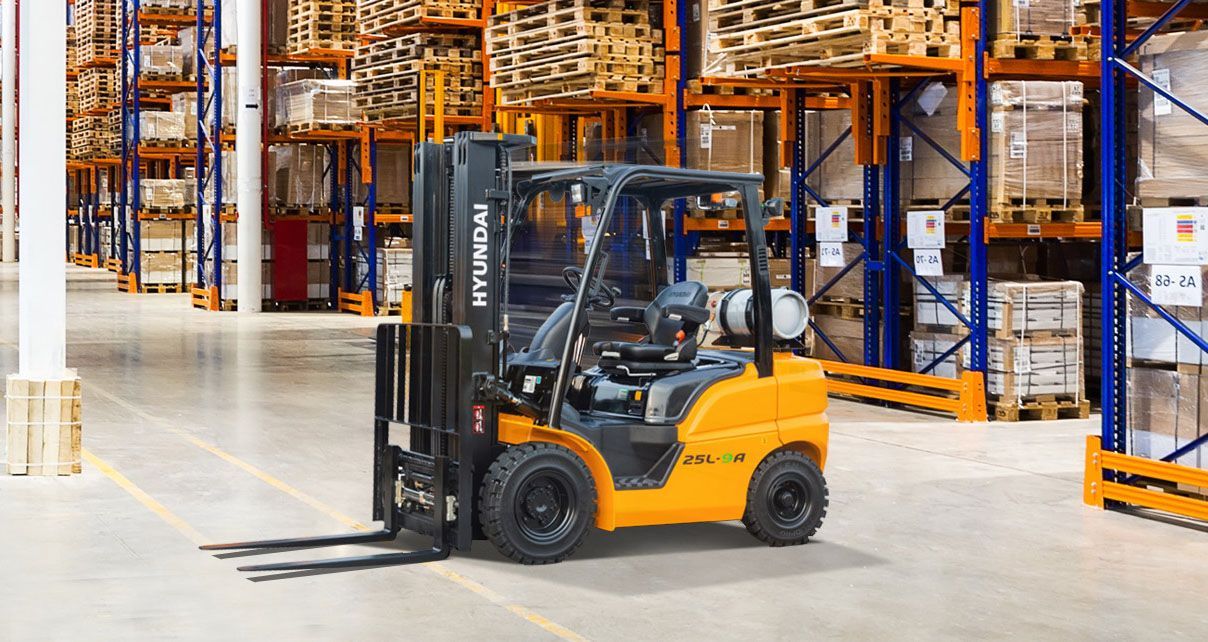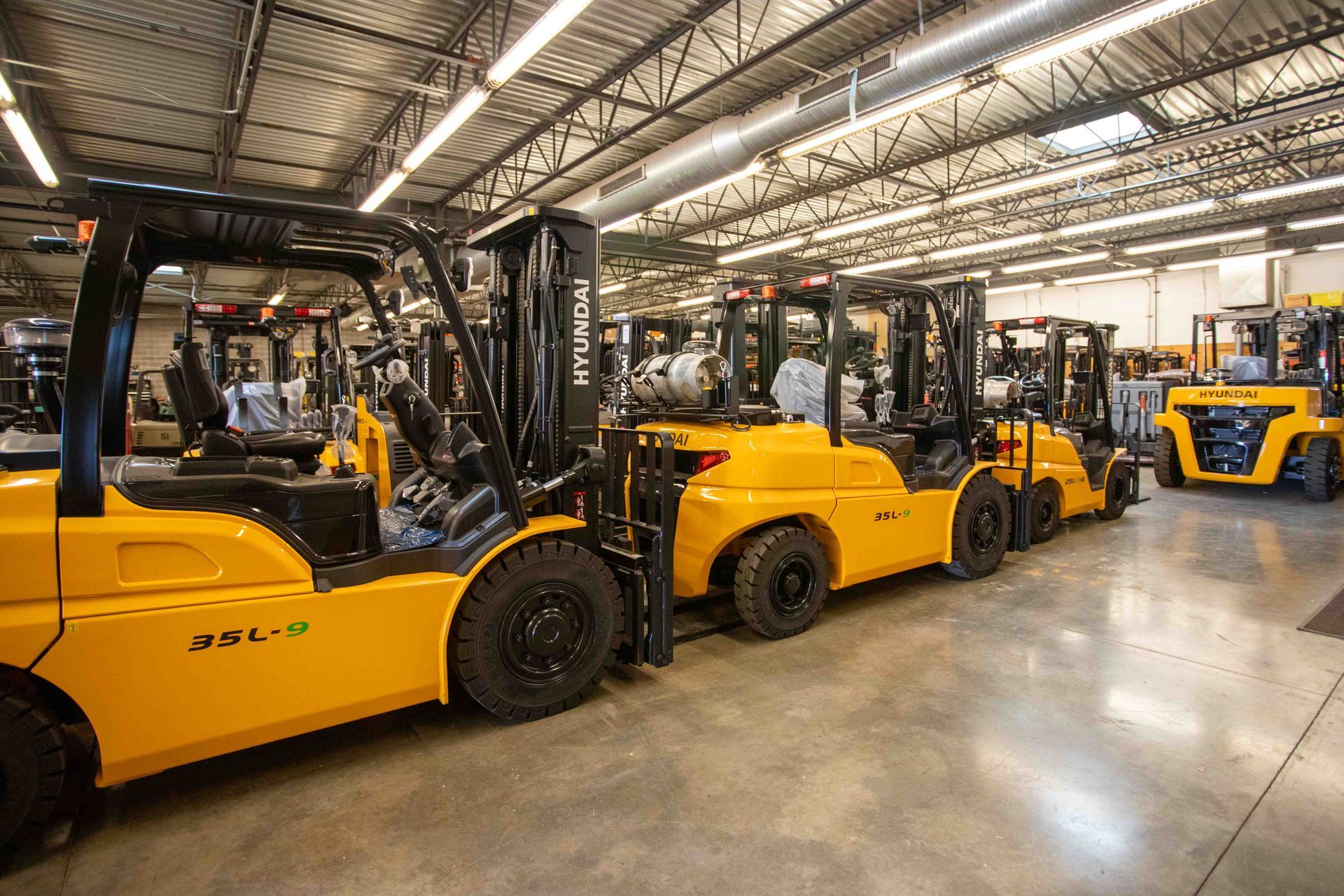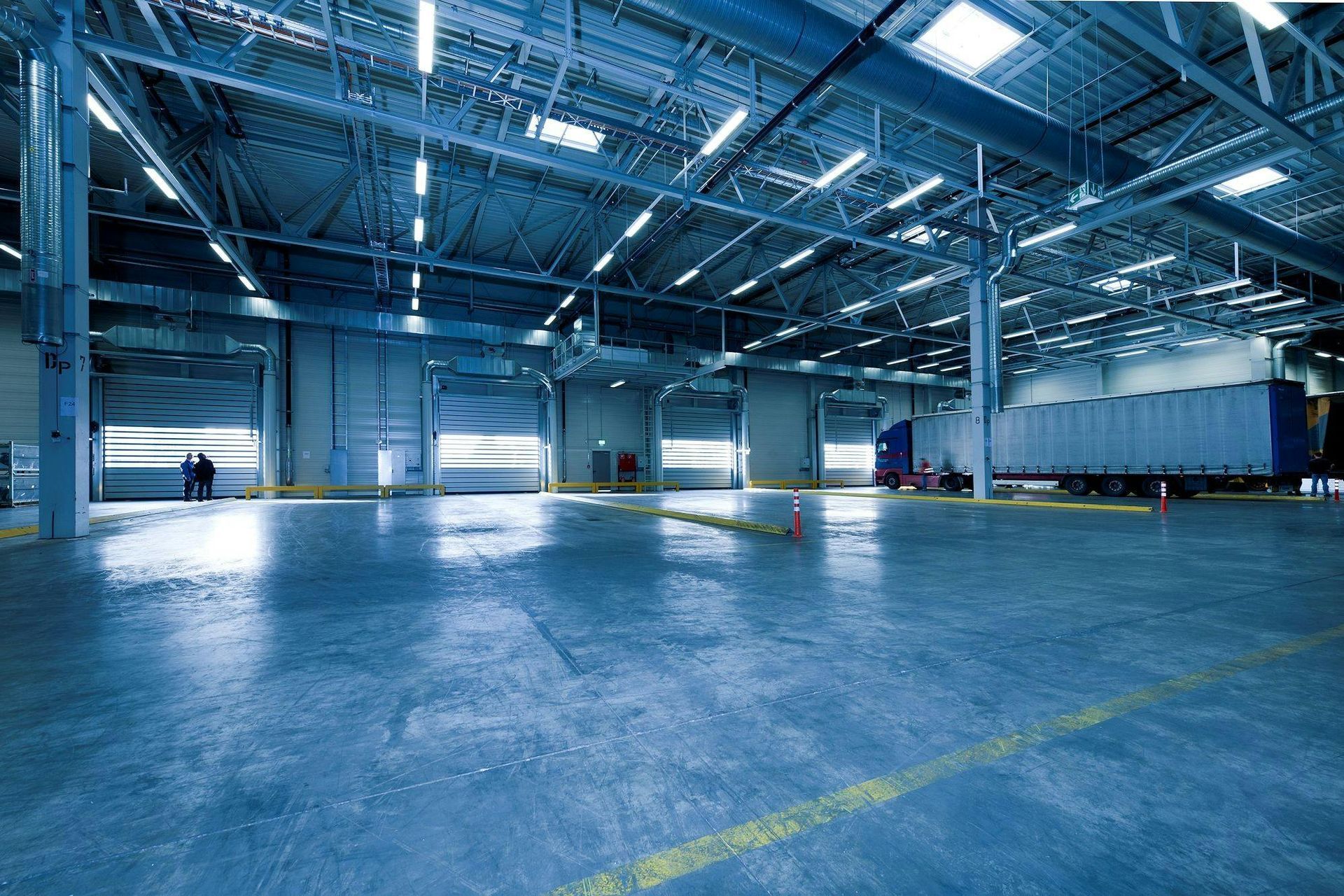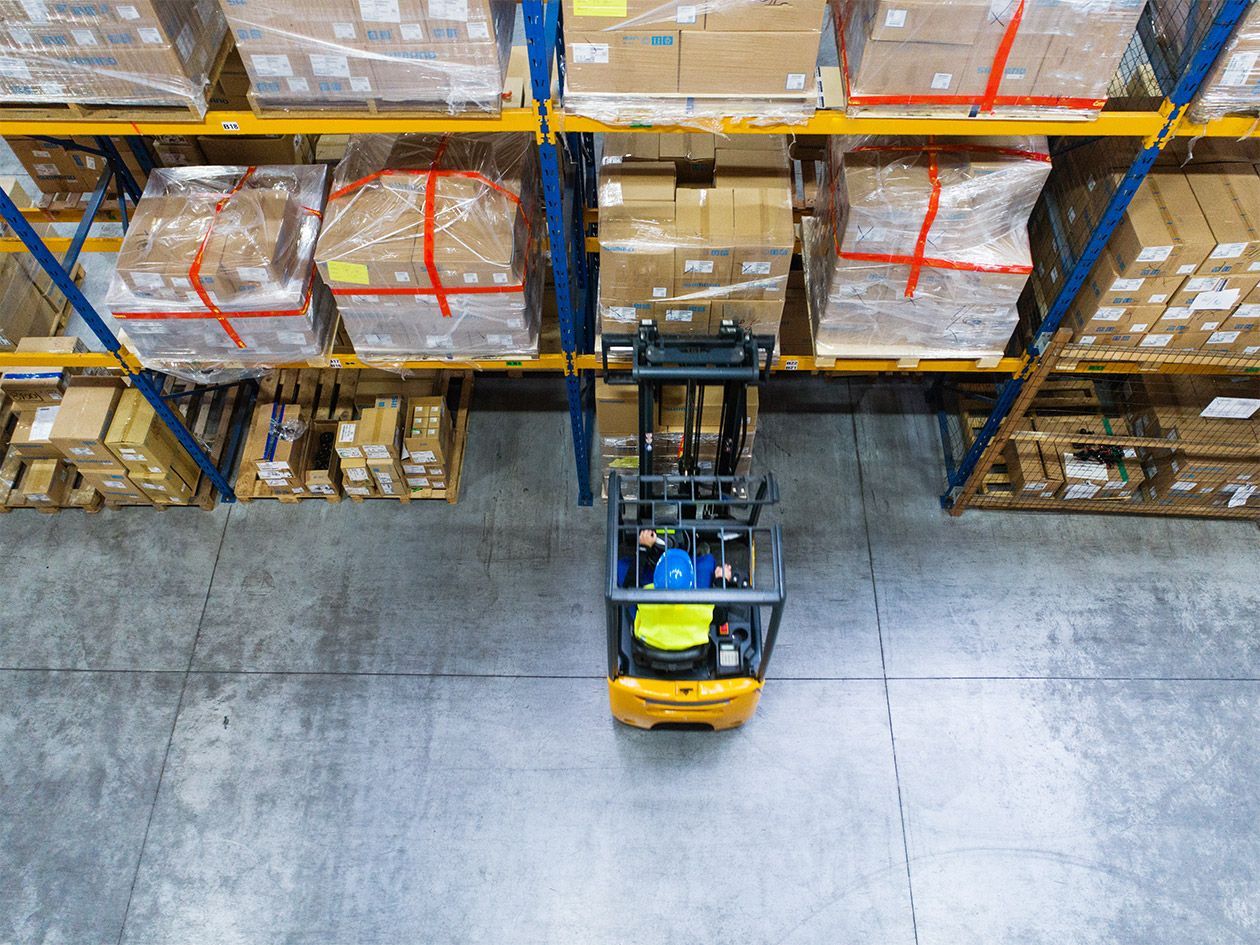Five Signs It’s Time to Replace Aging Warehouse Equipment
If you manage a warehouse, you know one thing for sure: your equipment is the backbone of your operation.
From forklifts and pallet jacks to racks, doors, and floor sweepers, every moving part plays a role in keeping your workflow safe, efficient, and profitable.
However, even the toughest machinery has a finite lifespan. Ignoring the signs of wear doesn’t just slow down productivity; it can cost you time, money, and even your team’s safety.
The challenge for most warehouse managers isn’t deciding if they should replace their aging equipment, but when.
At Benco Industrial Equipment, we’ve spent more than 20 years helping warehouses across St. Louis, St. Charles, Jefferson County, and beyond make that call with confidence.
Here are the top five signs it’s time to retire aging warehouse equipment and upgrade to something more reliable.
Maintenance Costs Keep Climbing
Routine service is part of responsible equipment ownership, but if repairs are becoming more frequent and expensive, it’s a red flag.
Think of it this way: when the cost of maintenance begins to rival the cost of replacement, your equipment is no longer serving your bottom line.
Forklifts, for example, are designed for thousands of operating hours; however, once they exceed that threshold, parts wear out faster, breakdowns occur more frequently, and downtime accumulates.
If you’re scheduling service calls every month or struggling to find replacement parts for older models, it’s likely time to explore an upgrade.
Newer models, such as Hyundai forklifts, are designed for enhanced energy efficiency and lower long-term maintenance costs, making them a more intelligent investment in the long run.
Equipment Downtime Is Hurting Productivity
Every minute your equipment is out of commission, your operation takes a hit. Delayed shipments, missed deadlines, and idled staff can add up quickly, and those costs often exceed the price of a new machine.
Old forklifts and sweepers tend to break down at the worst possible times, putting your workflow and your reputation at risk. Even when repairs are possible, waiting for outdated parts or dealing with inconsistent performance can keep your warehouse from running at full capacity.
Replacing unreliable equipment with newer, more dependable models ensures smoother operations and fewer interruptions when you need your team performing at their best.

Safety Concerns Are Rising
Nothing in your warehouse is more valuable than the people working in it. If equipment starts showing signs of wear that compromise safety, such as unstable lifting, hydraulic leaks, faulty brakes, or inconsistent steering, it’s time to act fast.
Small malfunctions can quickly escalate into major accidents. Beyond the human risk, a single safety incident can result in OSHA fines, increased insurance premiums, and lasting damage to your company’s reputation.
Modern warehouse equipment features several safety enhancements, including improved visibility, automatic stability controls, and improved ergonomics.
By replacing aging machines before they fail, you’re protecting both your team and your operation’s long-term success.
Your Warehouse Has Outgrown Its Equipment
As operations evolve, so should your equipment. Maybe you’ve expanded your product line, moved into a larger facility, or upgraded your racking system, but your existing forklifts or material handling tools are struggling to keep up.
Older models might not be powerful enough to handle heavier loads or high stacking, and outdated floor sweepers may not cover larger areas efficiently. Even warehouse doors and docks can fall behind, leading to energy loss and slower shipping turnover.
Upgrading to newer, more capable equipment helps align your tools with your warehouse’s current demands. It’s not just about replacing what’s broken; it’s about investing in what will keep your operation moving forward.

You’re Missing Out on Modern Efficiency
Technology in material handling has come a long way. Today’s forklifts, racks, and fans are smarter, cleaner, and more efficient than ever before.
If your current equipment lacks features such as electric operation, smart diagnostics, or energy-saving performance, you may be losing money every day without realizing it.
For example, Hyundai forklifts are designed with advanced fuel efficiency, low emissions, and user-friendly controls that make every shift smoother and safer.
Upgrading also allows you to take advantage of warranties, lower energy costs, and better performance tracking—things older models simply can’t offer.
Get In Touch With Benco Industrial Equipment
No one likes to spend money replacing something that “still works.” But in warehousing, “working” and “working well” aren’t the same thing.
Remember: the real cost of keeping aging equipment often hides in downtime, repairs, and lost productivity.
At Benco Industrial Equipment, we help warehouse managers across the Midwest find the right balance, repairing when it makes sense and replacing when it’s time.
Whether you’re considering a new Hyundai forklift, upgrading your racks, doors, or docks, or just want an honest assessment of your current fleet, our team is here to help you make the smart call.
Ready to upgrade your warehouse?
Contact us today to get started.




